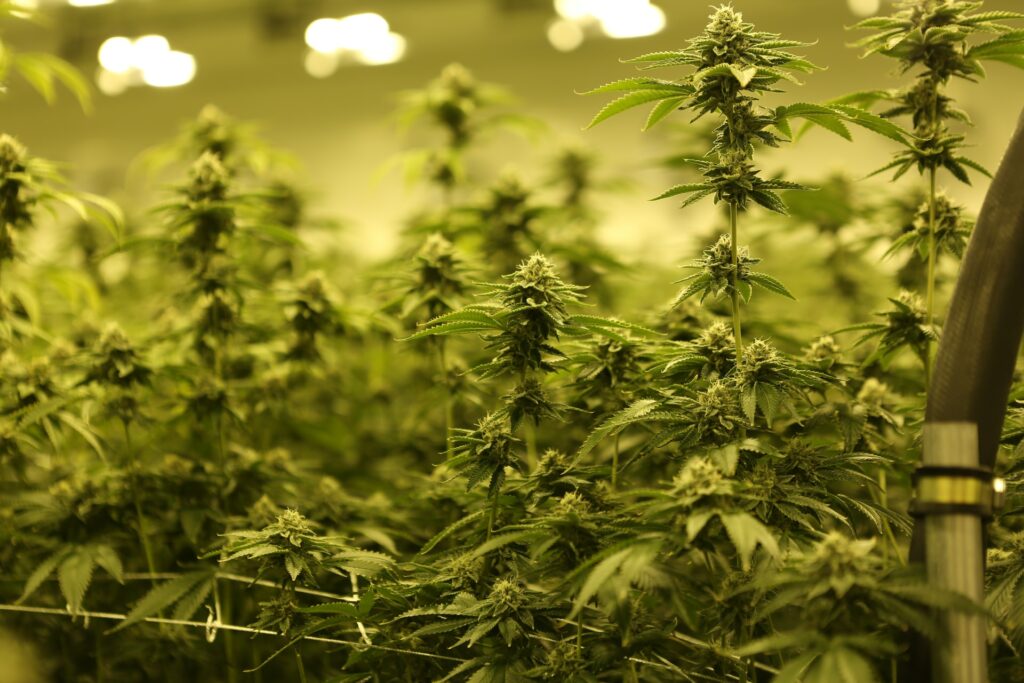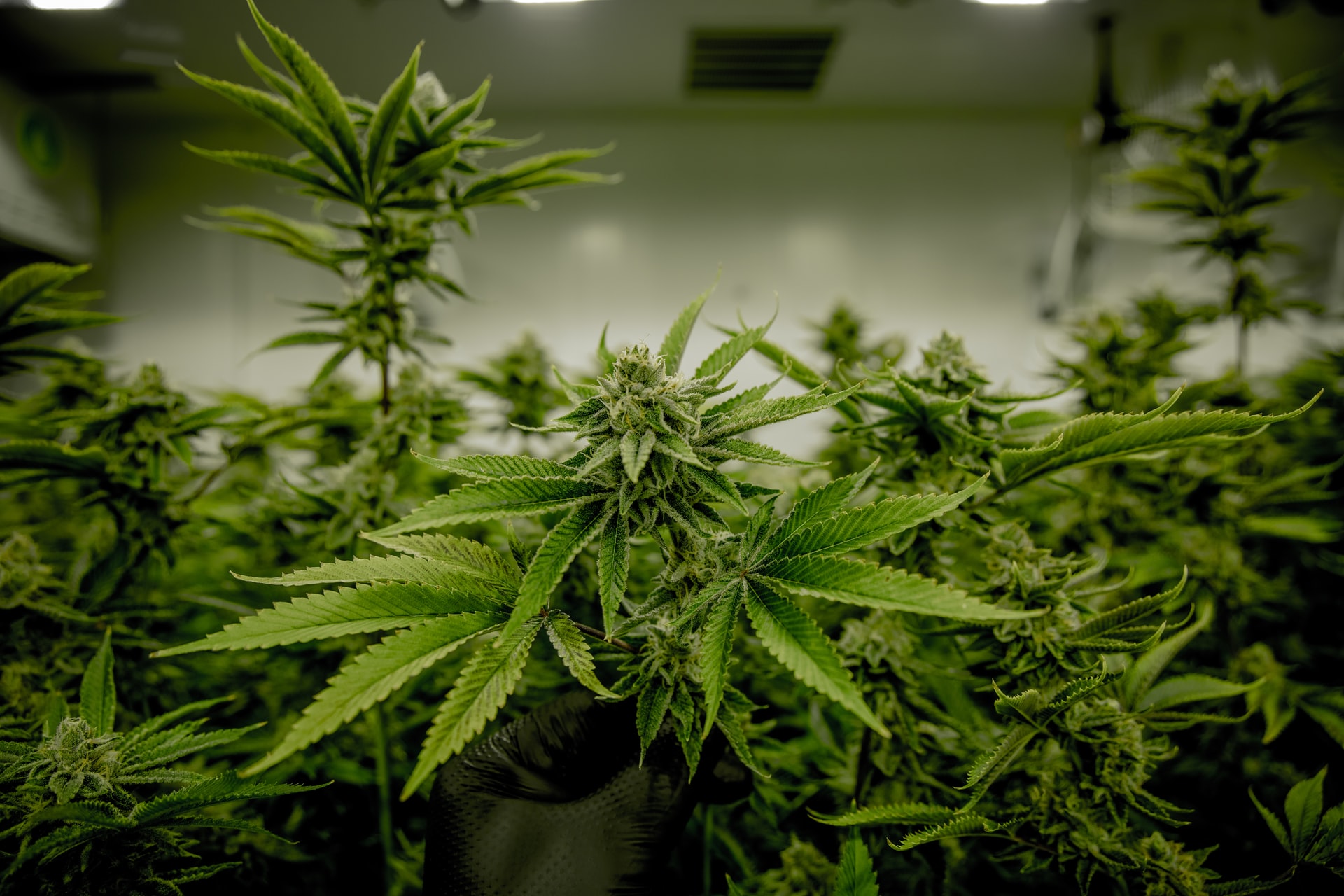It’s not the kind of plant you would typically find in your backyard, but hemp is on its way to becoming a significant economic force in Michigan. With hemp production still illegal federally and with Michigan’s continually declining market share, it’s only natural that people are looking towards the state to fuel their economy-based sustainable products. In this article, we’ll explore how many hemp plants you can grow from seeds when they are ready for harvest and what market potential these hemp plants have?
Answer: You can grow a single plant for seed or seed production or two hemp plants for flowering and seed production (two six-foot crops). The flowers will produce seeds at maturity, approximately three months after flowering. The hemp plants will flower for about two months and bloom for about a month for four months or so. Remember that the flowering time can vary by strain; some are early, and some are late.
Why grow fewer hemp plants in Michigan?
To protect the location of their hemp crops in Michigan, farmers can apply for a single permit to grow up to two six-foot flowering plants on each harvested acre. This law designe for informational purposes and does not limit how many acres an individual may own or lease. So long as they aren’t growing more than allowed in this state!Each licensee will be allowed to grow no more than two six-foot flowering crops for seed production on their licensed land. There is no limit on acres. but there must be sites with at least 2.5 miles between licensed locations, and harvesting can only occur at one location at any one time. You could have several hemp plants in different growth phases at once as long as they are not all flowering or producing seeds.

Is it legal? How much industrial hemp can you grow in Michigan?
Unfortunately, this is still illegal federally, but that doesn’t mean that you can’t grow hemp. It is only illegal at the federal level if a commercial farming operation tries to pass off their industrial hemp as “marijuana”. That is not the case for most, so don’t be fooled. The Michigan State Police do not enforce the federal law in Michigan (or most states). Hemp can still be grown in Michigan, and you need to obey a few state-specific laws. Ensure that when you obtain your hemp license from the state of Michigan. You are indeed operating within the letter and spirit of state law.
How to grow hemp plants in Michigan?
You can grow several different types of industrial hemp. Michigan has listed several different varieties and hybrids, including but not limited to Hemptopia (developed at the University of Michigan), Detroit Diesel, Triton, Big Red, Durty Girl and many others. It is becoming increasingly common for people to look online for seeds as they become available. When selecting hemp plants for cultivation, you must find reputable vendors who sell seeds or clones. This will ensure what your planting evolves from has enough pedigrees and heritage worth bringing into the state.

Hence, avoid any surprises later on down the line when the growing season comes around again! Remember that hemp is a wild plant and can develop varying characteristics. (that’s why you don’t want to take clones from any place with a lot of variation).
Do you know the seed variety of your hemp?
That depends on the variety. Some varieties will not germinate for various reasons. So make sure you choose something tested in conjunction with others and not something new (as in homegrown seeds). This is where being able to find seeds and clones from vendors who have experienced this process before can be very helpful. Sifting through thousands of tweets for unknown varieties can be time-consuming and potentially unsuccessful.
Does anybody sell hemp seeds in Michigan?
At this time, because Michigan does not have a regulated growing environment. There are not many vendors for seeds and clones of industrial hemp in the state. The best thing to do is ask a local vendor who has experience growing or selling the seed or clone you are looking for. They should be able to help you get directly in touch with the breeder(s) of the plant. If they have enough customers, it might even be possible for them to sell. You actual hemp plants (though we recommend using seeds).

